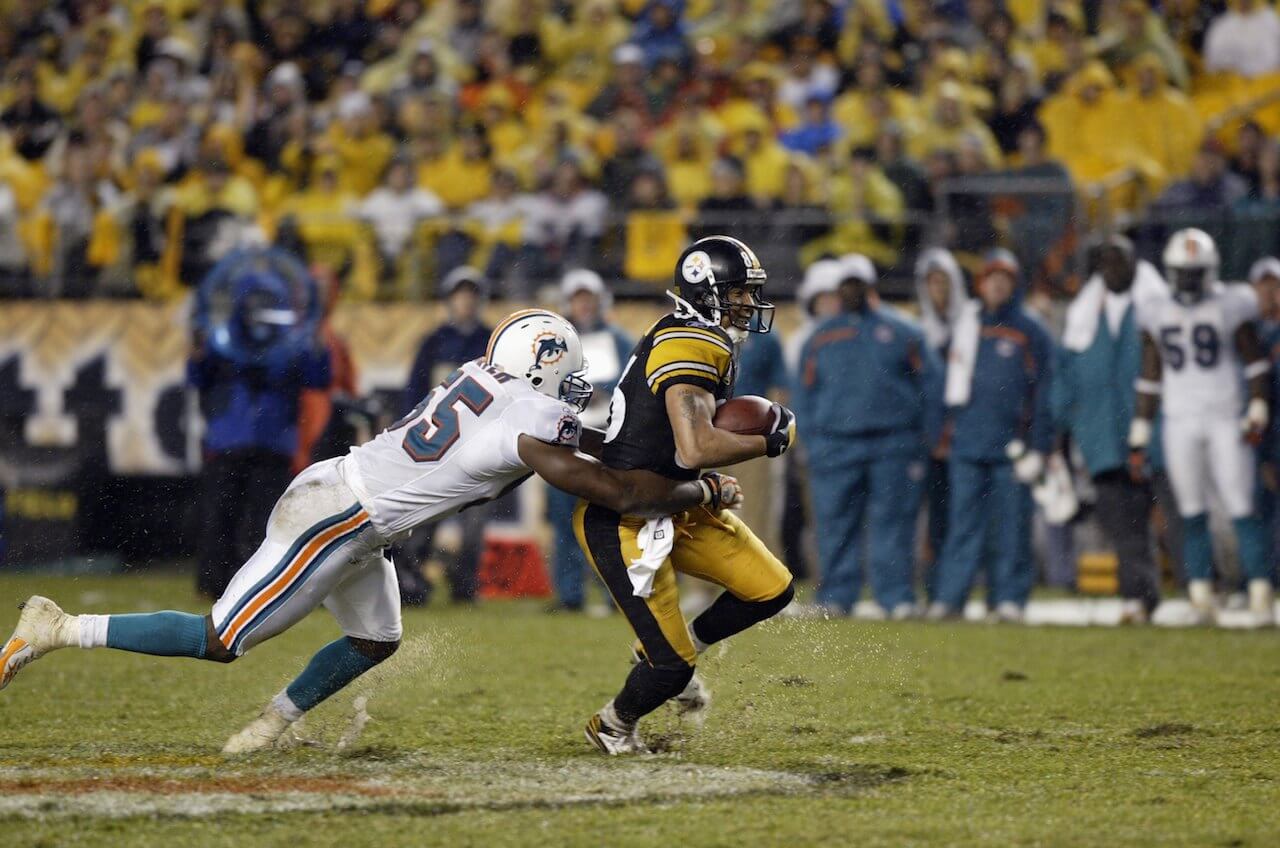The NFL is known for its high-octane offense, thrilling moments, and nail-biting finishes. However, even in a league filled with explosive plays and record-breaking scores, there exists a rare phenomenon that stands out: the lowest scoring NFL game. These games, marked by defensive dominance and offensive struggles, often leave fans scratching their heads. Just how did these teams fail to put points on the board? In this article, we will dive deep into the history of the lowest scoring NFL game and explore what made these matchups so uniquely unremarkable.
Understanding the dynamics of a low-scoring game can shed light on the intricacies of football strategy, coaching decisions, and player performance. While fans typically revel in high scores and thrilling comebacks, these low-scoring affairs offer a different kind of drama. They highlight the importance of defense, special teams, and the occasional blunder that can shift the momentum of a game. As we dissect the lowest scoring NFL game, we will examine how these elements played a crucial role in shaping the outcome.
Join us as we journey through one of the most unexpected aspects of NFL history. From the game itself to the reactions of players and fans, we will analyze the significance of the lowest scoring NFL game and what it means for the sport as a whole. Whether you’re a die-hard fan or a casual observer, there’s something fascinating about exploring the less glamorous moments of America’s favorite pastime.
What is the Lowest Scoring NFL Game Ever?
The lowest scoring NFL game took place on November 7, 1943, between the Detroit Lions and the New York Giants. The game ended in a stunning 0-0 tie, a rarity in the modern era of professional football. While both teams showcased their defensive prowess, neither could manage to find the end zone, marking a unique moment in NFL history.
How Did This Game Compare to Others?
In the years since, there have been several other low-scoring games, but none have matched the complete lack of scoring seen in this historic tie. In comparison, many of these other low-scoring games featured at least one touchdown or field goal, showcasing a certain level of offensive capability. The 1943 contest is often referred to by historians and fans alike as a benchmark for futility in the league.
What Factors Contributed to the Low Score?
Several factors contributed to the lack of points in the 1943 game. The following are some key aspects:
- Defensive Dominance: Both teams had exceptional defensive units that effectively shut down their opponents.
- Poor Weather Conditions: The weather played a significant role, as players struggled to handle the ball in adverse conditions.
- Inexperienced Offenses: Many players were inexperienced due to the war efforts, which limited the talent pool available for the teams.
- Coaching Decisions: The strategies employed by the coaches emphasized ball control and field position over aggressive offensive plays.
How Have Low-Scoring Games Evolved Over Time?
As the NFL has evolved, so too has the approach to offense. The introduction of innovative offensive schemes and the emphasis on passing have led to a significant increase in scoring. While low-scoring games still occur, they are far less common in the modern game compared to the past. The shift in focus to high-powered offenses has changed the way teams prepare for and execute their game plans.
What Are Some Notable Low-Scoring Games in Recent History?
While the 1943 game remains the benchmark for the lowest scoring game, there have been a few notable low-scoring contests in more recent years:
- 2013: Seattle Seahawks vs. San Francisco 49ers (13-10) - A defensive battle that showcased the talent of both teams.
- 2014: Buffalo Bills vs. Miami Dolphins (9-6) - A game where neither offense could find a rhythm.
- 2019: New England Patriots vs. Dallas Cowboys (13-9) - Another example of defensive prowess winning out over offense.
What Do Fans Think About Low-Scoring Games?
Fan reactions to low-scoring games can vary widely. Some fans appreciate the defensive strategy and the chess match between coaches, while others may find such games boring. The beauty of football lies in its diversity, and low-scoring games remind fans that every contest tells a unique story.
Will We Ever See a Game with No Points Again?
Given the nature of the modern NFL, the likelihood of witnessing another game end in a 0-0 tie seems slim. Rule changes, advancements in training, and the evolution of offensive strategies have all contributed to a game that prioritizes scoring. Nevertheless, the memory of the lowest scoring NFL game serves as a reminder of the unpredictable nature of sports.
What Lessons Can We Learn from Low-Scoring Games?
Low-scoring games can teach valuable lessons about teamwork, resilience, and the importance of a strong defense. They serve as a reminder that success in football is not solely about scoring points but also about executing plays, managing the clock, and making crucial stops on defense. Teams that can adapt to different situations, including low-scoring affairs, often find themselves better prepared for the challenges of the season.
Conclusion: The Legacy of the Lowest Scoring NFL Game
The lowest scoring NFL game may be a rarity, but it holds a special place in the history of the league. It serves as a fascinating reminder of the complexities of the sport, the importance of strategy, and the unpredictable nature of competition. As the NFL continues to evolve, the legacy of that game will remain, a testament to the diverse tapestry that makes football so captivating.
Unveiling The Charisma Of Kevin McGarry: A Rising Star
Celebrating Creativity: The Game Awards 2024 Vote
Unveiling The Life And Legacy Of Darryl Sheets


